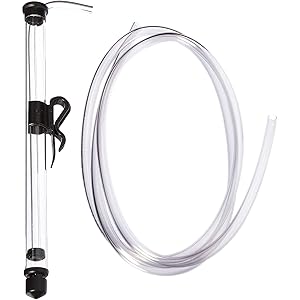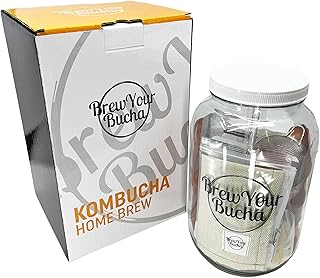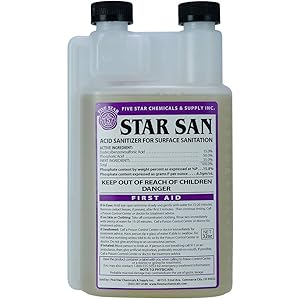Understanding Fermentation Timeframes
Fermentation is a complex biochemical process that varies significantly depending on several factors, including the type of fermentation, the ingredients used, and environmental conditions. When asking how long does it take for fermentation to occur, it is essential to consider these variables to get an accurate timeframe.
Types of Fermentation
There are various types of fermentation, such as alcoholic fermentation, lactic acid fermentation, and acetic acid fermentation. Each type has its own unique characteristics and time requirements. For instance, alcoholic fermentation, commonly used in brewing beer and making wine, can take anywhere from a few days to several weeks, depending on the yeast strain and sugar content.
Factors Influencing Fermentation Duration
Several factors influence the duration of fermentation. Temperature plays a crucial role; warmer temperatures generally accelerate fermentation, while cooler temperatures can slow it down. Additionally, the concentration of sugars and the type of yeast or bacteria used can also affect the speed of the process, making it vital to monitor these elements closely.
The Role of Temperature in Fermentation
Temperature is one of the most critical factors in determining how long does it take for fermentation to occur. Most fermentation processes thrive at temperatures between 65°F and 75°F (18°C to 24°C). Deviating from this range can lead to slower fermentation or even stalled processes, emphasizing the need for temperature control in fermentation practices.
Yeast Strains and Their Impact
The choice of yeast strain significantly impacts fermentation time. Some yeast strains are known for their rapid fermentation capabilities, completing the process in just a few days, while others may take weeks or even months. Understanding the specific characteristics of the yeast being used can help predict the fermentation timeline more accurately.
Get more content like this!
Sign up to receive updates and new terms first hand.
Monitoring Fermentation Progress
To determine how long does it take for fermentation to occur, monitoring the fermentation process is essential. This can be done through specific gravity measurements using a hydrometer, which allows brewers and fermenters to track the sugar content and determine when fermentation is complete.
Common Fermentation Times for Various Products
Different fermented products have varying fermentation times. For example, beer fermentation typically lasts from one to two weeks, while wine fermentation can take several weeks to months. Sauerkraut and kimchi fermentation can range from a few days to several weeks, depending on the desired flavor and texture.
Signs of Completed Fermentation
Recognizing when fermentation is complete is crucial for achieving the desired flavor and quality. Common signs include the cessation of bubbling in the airlock, a stable specific gravity reading over a few days, and a change in the aroma and taste of the product. Understanding these signs can help determine the appropriate time to proceed with the next steps in the fermentation process.
Conclusion on Fermentation Duration
In summary, the question of how long does it take for fermentation to occur does not have a one-size-fits-all answer. It is influenced by various factors, including the type of fermentation, temperature, yeast strain, and monitoring techniques. By understanding these elements, one can better predict and manage fermentation timelines for successful outcomes.




